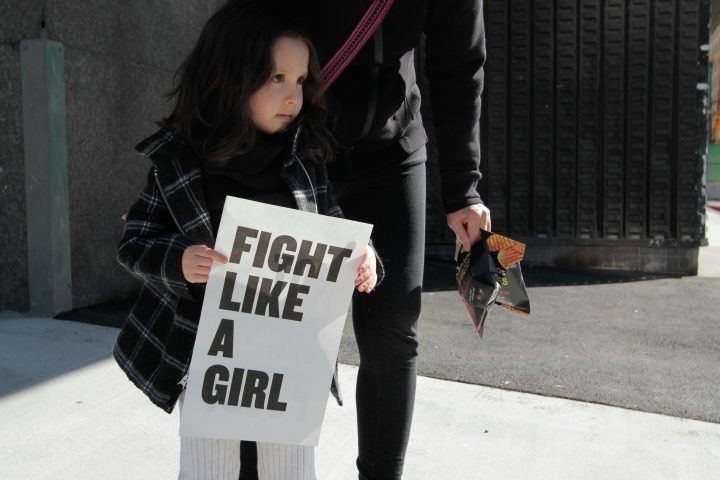Key Takeaways:
- The N-word and “cracker” are not equivalent in terms of historical context and power dynamics.
- The N-word has been used as a tool of oppression against black people throughout history.
- “Cracker” does not carry the same weight of historical oppression and is not used to systematically marginalize white people.
- Understanding the historical context and power dynamics is crucial when discussing racial slurs.
- Context does not erase the historical implications of racial slurs.
The N-Word and “Cracker”: A Historical Perspective
Racial slurs have always been a sensitive and contentious topic, and understanding the differences between them requires examining the historical context and power dynamics at play. While some argue that the use of racial slurs should be universally accepted or condemned, it is essential to recognize the unique historical and social factors that shape the meanings and impact of these slurs.
1. Historical Significance of the N-Word
The N-word has a deeply rooted history and has been used as a derogatory term for black people. Originating from Spanish and French terms, it evolved into a degrading label to oppress people of African descent due to the color of their skin. This word carries immense historical weight, reminding us of the brutalities of slavery, the Jim Crow era, and ongoing racial injustices faced by black individuals.
To grasp the significance of the N-word, we must transport ourselves back in time. In the antebellum South, we witness the harsh reality of slavery, where the N-word was screamed by slave owners while brutally punishing enslaved individuals. Similarly, during the civil rights movement in the 1960s, the N-word was hurled at black activists fighting for equality.
The historical context of the N-word cannot be dismissed or disregarded. It represents centuries of systemic oppression and violence inflicted upon black communities. Acknowledging this history is essential for understanding the disparities between the N-word and the term “cracker.”
2. Unpacking the Term “Cracker”
Contrary to the N-word, the term “cracker” does not carry the same historical weight or serve as a tool of systemic oppression. It is believed that “cracker” originated from the sound of a whip cracking, which slave owners used as a means of control and punishment. In this context, “cracker” referred to the oppressors, not the oppressed.
Throughout history, there has been no instance where white individuals collectively faced violence or discrimination solely based on being referred to as “crackers.” Unlike the N-word, “cracker” has not been used to perpetuate racial hierarchies, enact violence, or reinforce systems of oppression against white people.
It is important to recognize that historical context matters. The legacy of slavery and the ongoing fight against racial injustice continue to shape present-day race relations. Ignoring this history erases the struggles and experiences of marginalized communities and impedes progress toward equality.
Power Dynamics and Context
Power dynamics play a crucial role in understanding the impact of racial slurs. It is essential to consider the privileges and disadvantages associated with different racial groups.
1. The Privilege of White Individuals
White individuals benefit from societal privileges and power structures that are rooted in historical and systemic racism. They experience fewer obstacles and forms of oppression based solely on their race. When white individuals use the N-word, even with the “a” instead of the “er,” it reflects a flexing of their privilege. The historical context of the N-word cannot be separated from its usage today, as it perpetuates a history of oppression that does not directly affect white individuals.
2. Black Individuals and “Cracker”
Black individuals do not possess the same societal power and privilege as white individuals. Their use of the term “cracker” does not carry the same weight as the N-word. While it may be used as an insult, it lacks the historical and systemic context of oppression. Black individuals do not have the power to enforce racial hierarchies or enact violence against white people based solely on their race.
It is important to distinguish between racism and pettiness. Racism involves power imbalances and systemic oppression, while meanness or insults directed at white individuals lack the same systemic impact. While hurtful and disrespectful, they do not contribute to a wider pattern of oppression.
The Importance of Context and Progress
Context is often raised as a defense when discussing racial slurs, particularly the N-word. However, context does not erase the historical implications and power dynamics associated with these slurs. The use of the N-word can still be hurtful, regardless of the context, as it perpetuates a history of oppression and reinforces unequal power dynamics.
In discussions about race, it is crucial to shift the focus away from white individuals’ feelings and center it on supporting marginalized communities fighting for equality. Discomfort and guilt should not derail efforts for justice. Instead, this discomfort presents an opportunity for personal growth and understanding.
To foster social change, we must listen, learn, and challenge ourselves to confront the privilege and power imbalances that exist in society. Engaging in meaningful dialogue, educating ourselves on the historical context, and actively working towards dismantling systems of oppression are essential steps towards progress.
Conclusion
Understanding the complexities of racial slurs requires recognizing the historical context, power dynamics, and social implications associated with them. The N-word and “cracker” are not equivalent in terms of their historical significance, impact, and power dynamics. While the N-word has been used as a tool of oppression against black people, “cracker” lacks the same historical weight and systemic impact.
In conversations about racial slurs, it is crucial to prioritize the experiences and perspectives of marginalized communities. Dismissing or minimizing the historical context and power dynamics perpetuates inequalities and hinders progress. By actively listening, learning, and challenging our own privileges, we can contribute to a more inclusive and equitable society.









